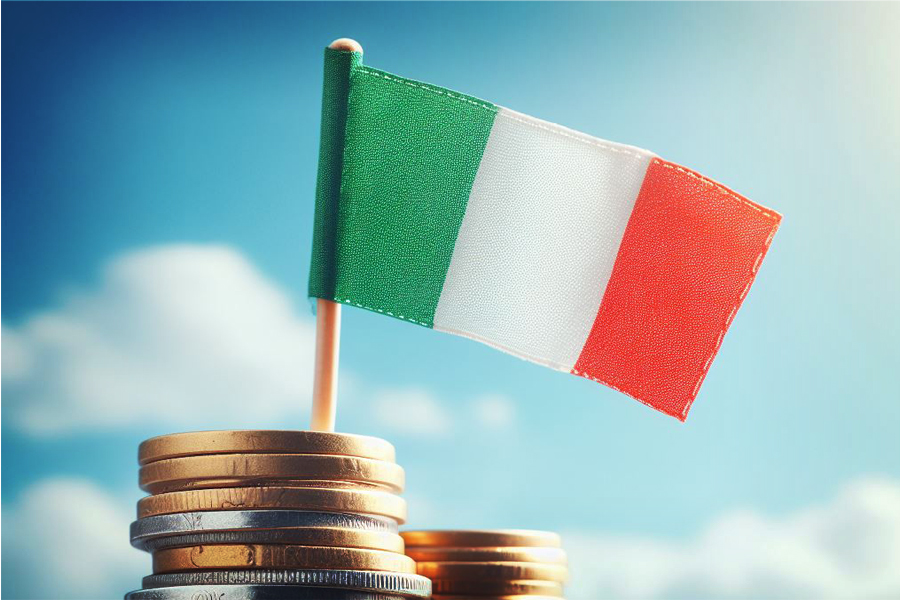
Public debt continues to grow, a well-known fact. However, dear readers, it is important to understand that debt is directly proportional to economic growth. In other words, debt is related to assets: if assets increase, so does debt. It is unthinkable that an unreliable entity could obtain additional financing. No creditor would be willing to lend money to such an unreliable figure. Debt grows as a result of economic mechanisms themselves. The global economy essentially relies on debt, or rather, on public deficit, which is the correct term. Paradoxically, in the economic field, a public deficit becomes an indicator of good health for a state, provided it demonstrates responsible management of that debt. In other words, the higher the debt, the greater the expectation of economic growth, as the state will be motivated to work towards honoring the accumulated debt.
It is clear that if a government fails to maintain the prospects of being a good payer, it will find itself in an unsolvable situation. In this case, ultimate creditors will consider the state unreliable, compromising the trust of investors and anyone else. However, as long as a government, despite a high public debt, manages its payments responsibly, a current deficit becomes the main indicator of a solid economy and, ultimately, of growth.
To clarify this intricate economic situation because when it comes to economics, everything seems the opposite of reasonableness I bring a familiar example. Imagine a family with a solid reputation as a good payer and a substantial movable and immovable asset. Wouldn't it be an extremely appealing customer for a possible loan? Certainly yes, as the loan represents an advantageous opportunity for the creditor to collaborate with a family that has proven over time to be reliable, accumulating valuable resources.
Now, imagine an extremely negative geopolitical scenario: everything goes wrong, widespread distrust in the markets, a real economic catastrophe. It is important to know that in such situations, there are several levers to reduce debt, including inflation, which erodes purchasing power, especially when accompanied by a lowering of interest rates. Inflation represents a threat to those holding liquidity but is an ally to those with debt. In simple terms, during inflation, the currency loses value, and consequently, debt also decreases. In scenarios of strong inflation, debt could even be extinguished, causing concerns in financial markets.
In situations of economic uncertainty, when earning prospects do not meet promised standards (the matured interest is worth less), during wars, pandemics, or in general situations of economic doubt, gold becomes the most traded asset. By the way, Italy is the third power to hold the most gold, according to the World Gold Council. Now, it shouldn't be difficult to understand some passages. Inflation on the rise, public debt declining, increased demand for safe havens like gold; and here is Italy, without doing anything special, paying off its debt.
Those who write alarmist articles about public debt, generating an atmosphere of anxiety that affects only the ignorant masses, often limit themselves to spreading unfounded ideas, easily dismantled with the simple reading of the introduction of any monetary policy book. In some cases, I can even tolerate certain journalistic strategies, but when one starts cheating without any scruple, I feel obliged to intervene, even if my stage is decidedly limited. Criticism, even if constructive, must focus on aspects that are difficult to refute in a debate with sector experts. Otherwise, it is blatant propaganda, devoid of foundation, with the intent of creating unfounded economic disturbances.
Clearly, this article does not intend to praise Italy. The reason for writing it has the sole purpose of clarifying some aspects that are often overlooked in the sector, which paints Italy as the worst country to invest in. However, they are wrong for a simple reason: Italy, in every scenario, has the cards to be and remain competitive. I could go on indefinitely with examples that demonstrate the economic stability and reliability of Italy.